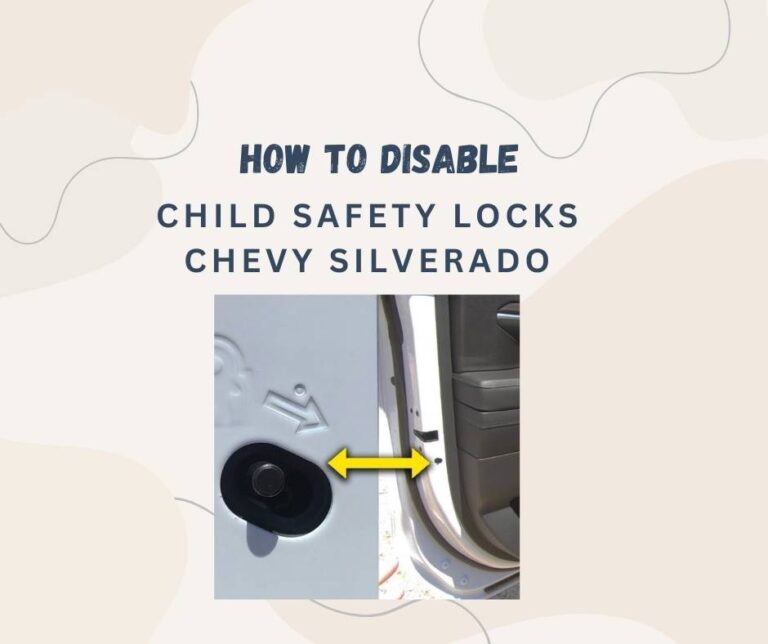Should I Lock My Child in Her Room at Night: Safety Concerns
Parenting comes with many challenges. One such challenge is ensuring your child’s safety at night. Many parents wonder if they should lock their child’s room at night. This question brings up both safety and emotional concerns.
No, locking your child in their room at night is not recommended. It can create fear, anxiety, and trust issues. Instead, consider using childproof gates or monitoring systems for safety. Always prioritize open communication and a secure, comforting environment for your child
Pros of Locking Your Child’s Room at Night
Let’s explore some potential benefits of locking a child’s room at night. These points will help you make an informed decision.
- Safety from External Dangers: Locking the door can keep intruders out.
- Prevent Night Wandering: This can stop children from wandering around the house.
- Peace of Mind for Parents: Knowing your child is safe can help you sleep better.
- Consistent Sleep Routine: It can help maintain a consistent bedtime routine.
Cons of Locking Your Child’s Room at Night
While there are potential benefits, there are also serious drawbacks. It’s important to weigh these cons carefully.
- Emotional Stress: Your child may feel scared or abandoned.
- Safety Risks: In case of emergencies, your child may not be able to exit the room.
- Trust Issues: Locking the door can erode trust between parent and child.
- Behavioural Problems: It might lead to behavioural issues and anxiety.
Expert Opinions on Locking a Child’s Room
Experts have varied opinions on this subject. Let’s see what child psychologists and safety experts have to say.
| Expert | Opinion |
|---|---|
| Child Psychologists | They usually advise against it due to emotional impacts. |
| Safety Experts | They highlight the risks in case of fire or other emergencies. |
| Parenting Coaches | They recommend alternative methods for ensuring safety and routine. |
Alternative Methods to Ensure Child Safety
There are other ways to keep your child safe at night. These methods can offer peace of mind without the drawbacks.
- Baby Monitors: Use a baby monitor to keep an ear on your child.
- Child-proof Locks: Install child-proof locks on doors and windows.
- Night Lights: Use night lights to make the room less scary.
- Routine: Establish a calming bedtime routine.
- Safety Gates: Use safety gates to block off dangerous areas.
Creating a Safe and Comforting Bedtime Routine
A good bedtime routine can help your child feel secure. Here are some tips to create a comforting bedtime routine.
- Consistent Bedtime: Stick to the same bedtime every night.
- Reading Time: Read a story to your child before bed.
- Comfort Items: Allow your child to sleep with a favourite toy or blanket.
- Calm Environment: Keep the bedroom calm and quiet.
- Talk Time: Spend a few minutes talking about the day.
What to Do in Case of Nighttime Emergencies
Emergencies can happen at any time. It’s crucial to be prepared for nighttime emergencies. Here are some steps to take.
- Have a Plan: Create an emergency exit plan with your child.
- Fire Alarms: Make sure fire alarms are working.
- Emergency Numbers: Teach your child how to call emergency services.
- Practice Drills: Conduct regular emergency drills.
Locking your child’s room at night is a significant decision. Consider the pros and cons carefully. Listen to expert opinions and think about alternative methods. A safe and comforting bedtime routine can make a big difference. Always be prepared for emergencies. Your child’s safety and well-being should always come first.
For more parenting tips and advice, subscribe to our newsletter. Stay informed and keep your child safe.

